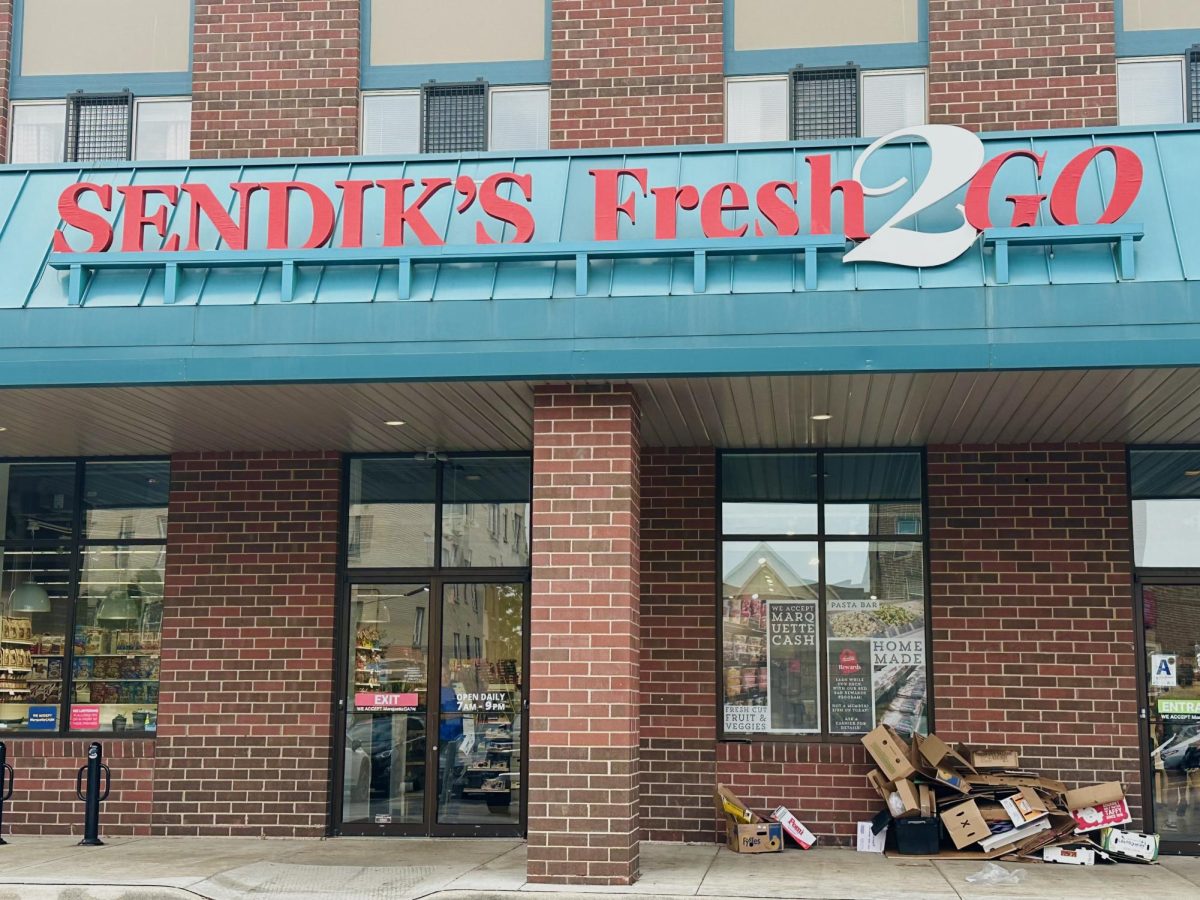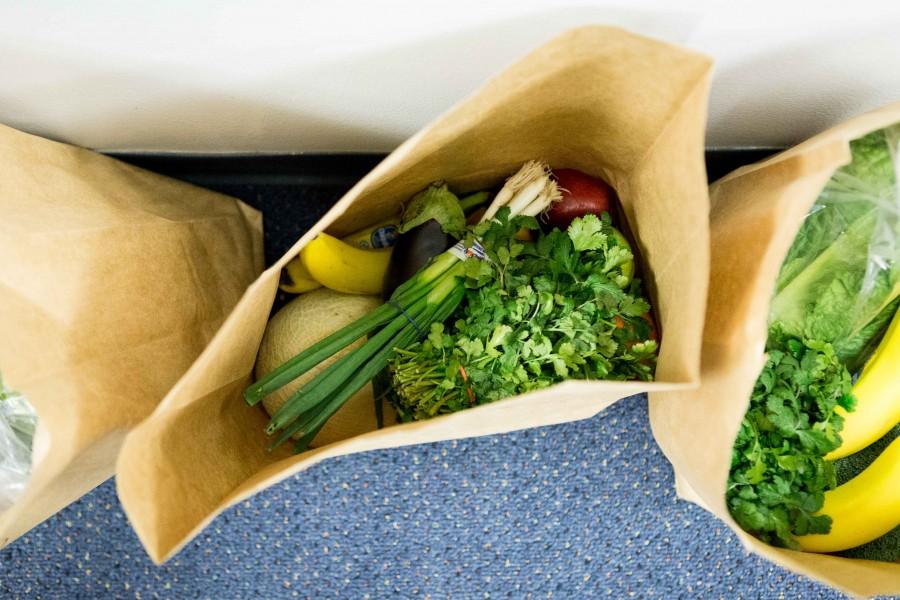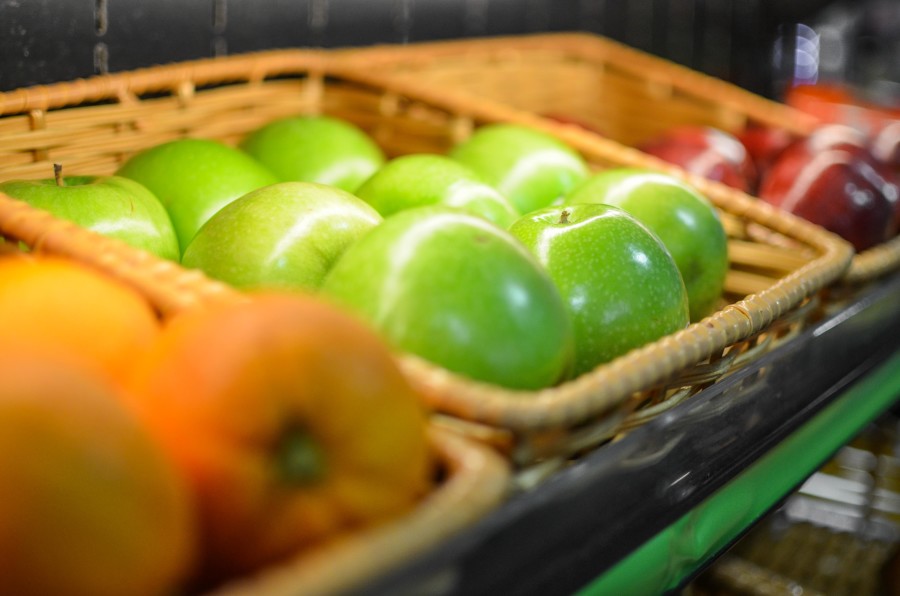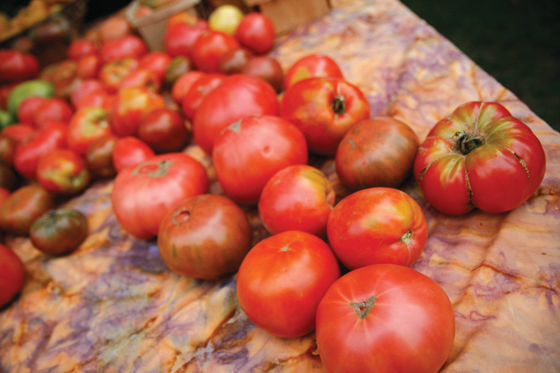 As an upperclassman living off-campus without a car, I find it hard keeping my kitchen stocked with fresh fruits and veggies. A trip to the grocery store requires 40 minutes of commuting to and from Pick ’n Save, and I am only able to carry so much—which, with my weak arms, is not much.
As an upperclassman living off-campus without a car, I find it hard keeping my kitchen stocked with fresh fruits and veggies. A trip to the grocery store requires 40 minutes of commuting to and from Pick ’n Save, and I am only able to carry so much—which, with my weak arms, is not much.
You often hear that Marquette is located in the middle of a food desert, which the U.S. Department of Agriculture defines as “an urban neighborhood … without ready access to fresh, healthy, and affordable food.” Neighborhoods that meet these criteria generally lack grocery stores and produce stands, supplemented only by restaurants and corner stores.
Members of the student body want this issue to be addressed, with calls for a grocery store to be brought to the area. However, that desire depends on whether or not a grocery store or chain is willing to cooperate with the neighborhood in the first place. So far, it looks like there is little interest in investing in our area.
But we are not without hope. As a community, we have been looking for solutions to our food desert crisis, but perhaps we have not fully explored every possible solution.
There are nonprofits dedicated to solving the food scarcity issue here in the city, such as Growing Power, an urban farm dedicated to producing fresh and healthy food for the local community. Looking to supplement urban areas lacking accessible grocery stores, Growing Power runs the Farm-to-City Market Basket Program. On a weekly basis, the farm puts together baskets of fresh and seasonal fruits and vegetables.
There are three options available for purchase each week. The regular market basket feeds two to four individuals and costs $16. The smaller junior/senior basket—about half the size of the regular basket—costs $9. The sustainable market basket also feeds two to four individuals, but is made up of all organic produce and costs $27. Interested parties can order and pick up their baskets from designated Growing Power sites in the city, or can have orders over $160 delivered to their home or work address.
At the moment, a couple of my friends are trying to get a group together to place a deliverable order. It is not necessarily the easiest task, though. To reach the order minimum, at least 18 students buying the $9 junior/senior basket would need to pitch in.
But what if we approached this issue on a larger scale? What if we involved more people in the Marquette community to get in on the deal?
It could be pretty simple. Marquette students can take up the duty of organizing the effort to bring a nonprofit like Growing Power on campus, whether it is MUSG or a student organization such as Students for an Environmentally Active Campus. They can raise awareness of their Market Basket program and find students that might be interested, such as off-campus upperclassmen or even dorm-dwelling underclassmen. Orders would then be taken, and we could work with Growing Power to have the baskets delivered.
It is a win-win. On our end, we end up with fresh, local produce weekly, and we help support a local nonprofit. On their end, Growing Power receives a boost in community awareness and in sales. At least for our produce needs, it is a viable alternative to trying to attract a grocery store to campus and certainly one we should consider.









